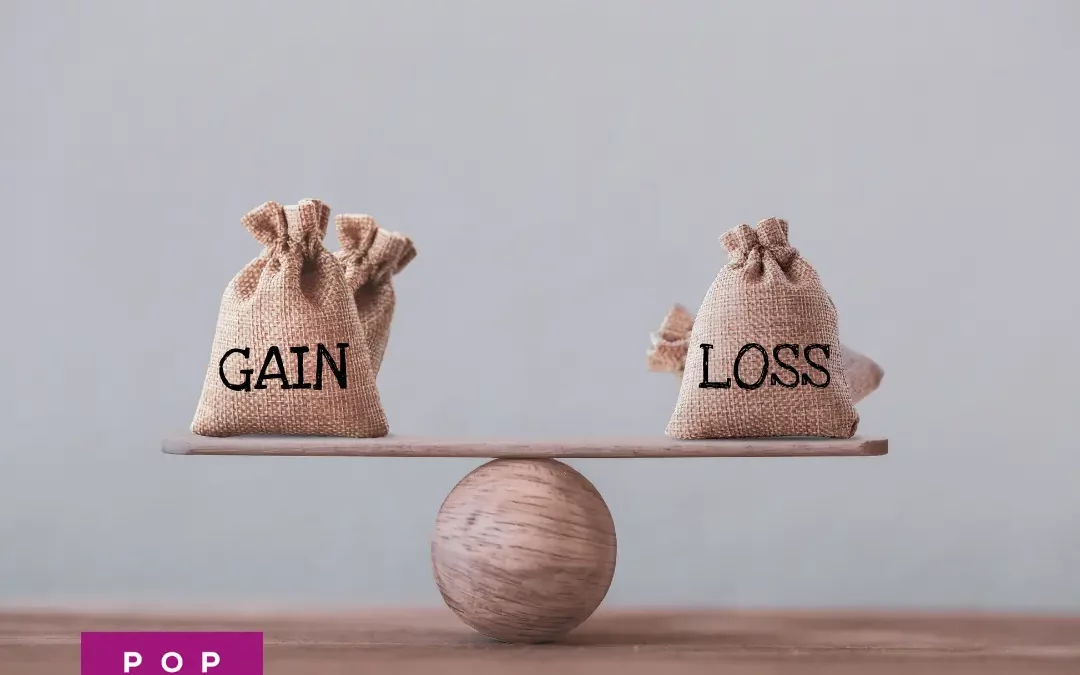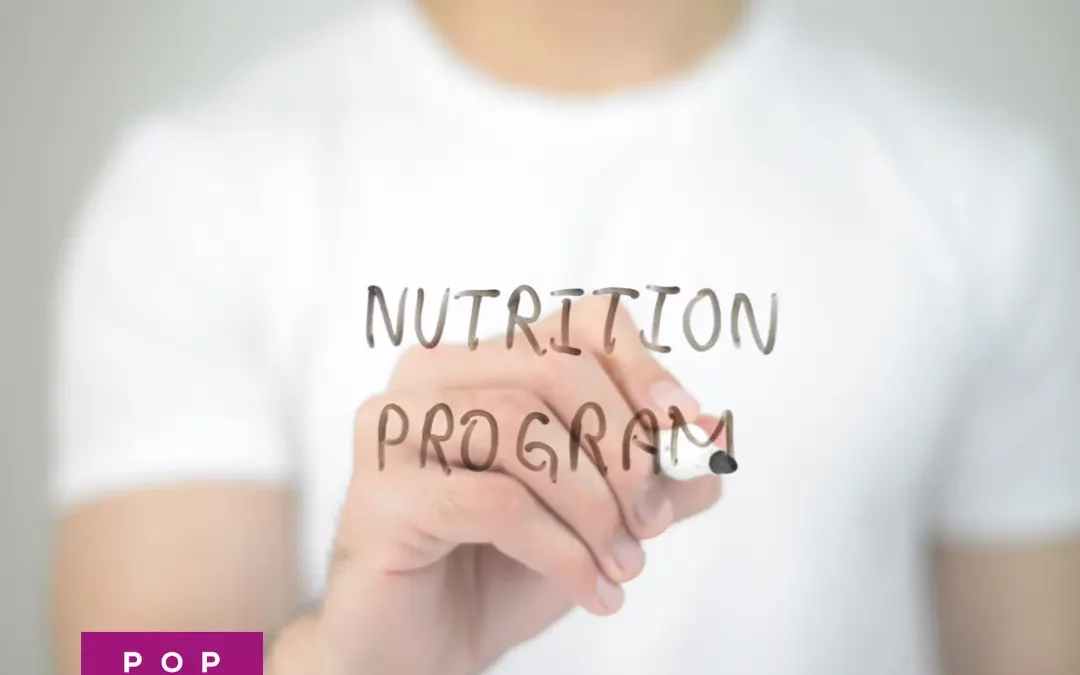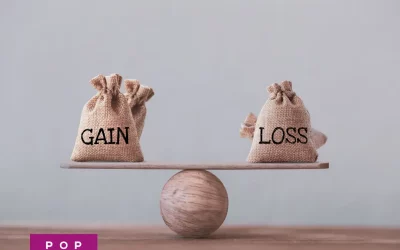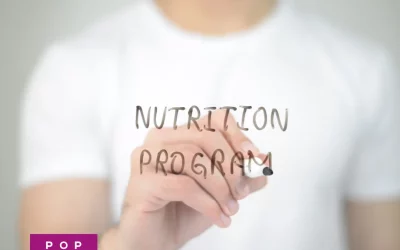Do you really have to track your food for the rest of your life??
Well … maybe.
If the thought of having to track your calories or macros forever drives your stress and anxiety up …
Then tracking may not be for you.
But, it could be.
You see … tracking is emotionless.
Tracking macros is a tool.
That’s like saying using a tape measure gives me anxiety.
It’s not the tape measure itself … it’s the thoughts and emotions surrounding its use.
Just like some people can use a scale for objective data …
And others let the scale define them.
Similarly, some people can track food without letting it impact their emotional state.
While others struggle.
I’ve talked at length about the dark side of macros (even did a whole podcast episode on it).
But, it’s not tracking macros that is the problem.
It’s the perception of the person using macros.
What are your thoughts around tracking macros?
Most of the time, the individuals that struggle with tracking macros feel the need to be perfect.
They agonize over hitting their numbers to the gram and beat themselves up if they can’t be 10,000% on point.
Of course it causes stress and anxiety in that context …
Who has the mental capacity to set the bar that high?
Plenty of individuals can use macros as a tool.
A guide.
A means for awareness around food choices and caloric needs.
I’ve been both individuals.
When I first learned about macros, it became an obsession.
If I couldn’t be perfect, I would spiral out of control.
If I ate a meal that couldn’t be diligently tracked, I was stressed the fuck out.
I would skip social situations just for the sake of hitting my numbers.
Needless to say, it did way more harm than good.
Now, I use macros as part of a lifestyle approach to staying pretty lean.
I can track without any attachment to perfection.
I can go periods of time without tracking and not think twice.
I can effectively use macros to help me achieve my goals.
The tool of macros didn’t change.
I did.
So, while you may be an individual that is getting used by macros instead of using them …
That doesn’t have to be your fate.
It may be the case that macros just aren’t for you.
But, I’ve never been a big fan of just assuming that avoidance is always the answer.
Just think about how valuable it would be to overcome those perfectionist tendencies and get to a place where you can seamlessly use macros or not use macros and be totally fine.
That’s a great place to be.
Our clients use macros as a tool
It’s exactly where we take our clients.
We have plenty of clients who track and enjoy it.
We have plenty of clients who don’t track and enjoy that.
But, most of our clients live in the middle where macros play a role but in a balanced manner as part of an overall lifestyle approach.
So, do you need to track food for the rest of your life?
Well … maybe.
But, maybe it’s not such a bad thing after all.
The ultimate goal is still the same …
Find what makes you feel your best and what you can stay consistent with for the long haul.
That’s what we do.
Which is exactly why our process begins with implementing our Neurotyping principles because our clients are able to stay consistent after feeling like nothing ever worked for them.
Then, we implement a metabolic priming phase since we all want sustainable results and this is the most effective way to make that happen.
And lastly, we go through our lifestyle integration phase where we find the balance that works best for each individual based on their lifestyle and what’s most important to them.
That’s where we’ll figure out the amount of tracking (if any) that you should be doing.
Make sense?
Cool.
If you need help getting there, this is the process we take in our 6 month, 1:1 coaching program that gets our clients the body composition goals they’re after while improving their relationship with food.
To see if you’re a good fit for the program, shoot me a private message on FB.
I’ll send you some additional info and then I’ll ask you a few qualifying questions.
I do this to see if you’re truly committed because if you aren’t willing to read some info and answer some questions, then maybe you don’t actually want what you say you want.
After you respond, I’ll answer any questions you have and if we both agree it’s a good fit, we can get you enrolled right away.






